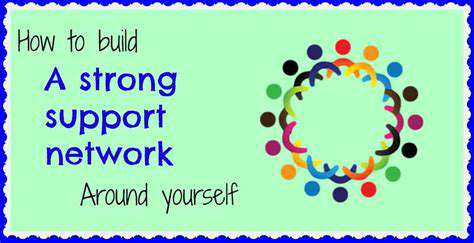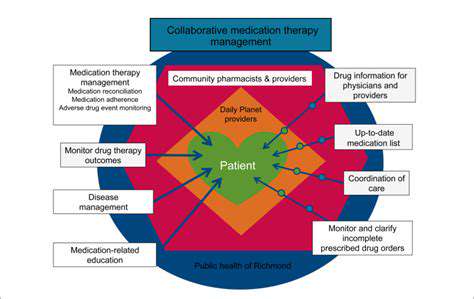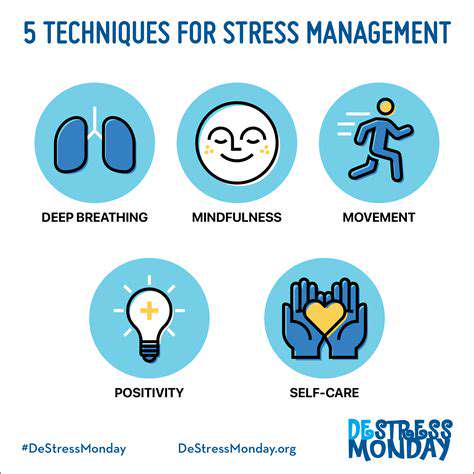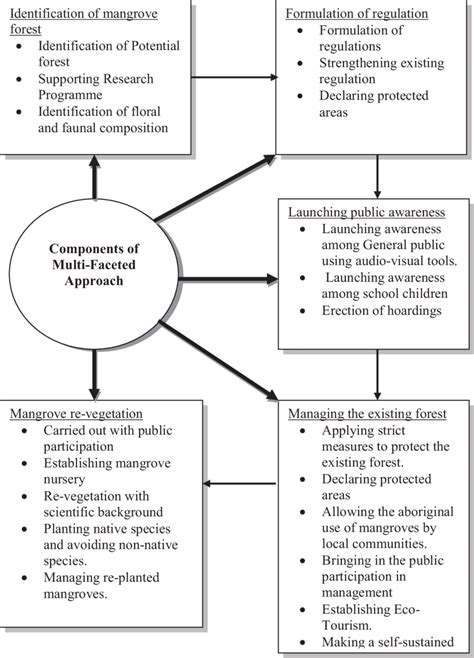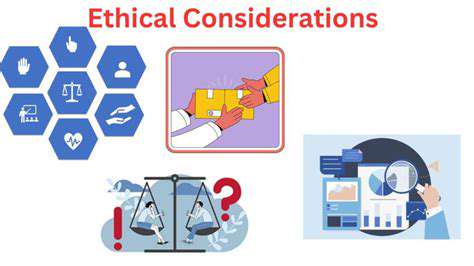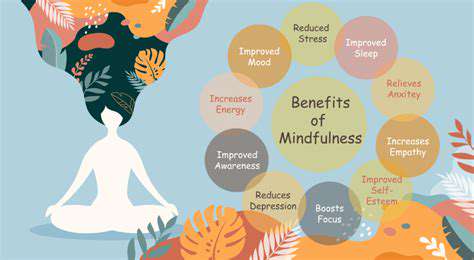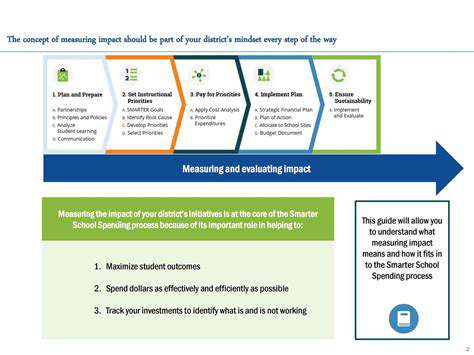Sustainable Living for a Thriving Mind
The Intertwined Nature of Sustainability and Mental Health
The Impact of Environmental Degradation on Mental Well-being
Environmental degradation, encompassing issues like pollution, habitat loss, and climate change, has a profound and demonstrably negative impact on mental health. Exposure to consistent pollution, whether air or noise, can lead to increased rates of anxiety and depression. The loss of natural spaces and the disruption of ecosystems often associated with environmental degradation can also trigger feelings of isolation, helplessness, and even grief. Studies have shown a correlation between increased stress and mental health issues in populations living near environmentally compromised areas. The constant threat of environmental disasters and the feeling of powerlessness in the face of these problems can contribute to a sense of hopelessness and despair.
Furthermore, the escalating climate crisis and its associated consequences, such as extreme weather events and resource scarcity, are causing significant distress and anxiety in communities worldwide. Witnessing the destruction and displacement caused by these events can contribute to post-traumatic stress disorder (PTSD) and other mental health conditions. It's crucial to acknowledge the direct link between a polluted and degraded environment and the mental health of those exposed. Addressing these environmental issues is not just about protecting the planet; it's also about safeguarding the mental well-being of present and future generations.
Sustainable Practices as a Pathway to Improved Mental Well-being
Engaging in sustainable practices, from reducing our consumption to supporting eco-friendly businesses, can have a surprisingly positive impact on our mental health. A key aspect of this connection lies in the increased sense of purpose and empowerment that comes from taking action. When we actively participate in creating a more sustainable future, we feel a sense of agency and control over our environment. This sense of agency can be transformative, combating feelings of helplessness and hopelessness that are often associated with environmental concerns.
The act of connecting with nature through gardening, hiking, or simply spending time in green spaces is another powerful way that sustainable practices improve mental well-being. Exposure to nature has been shown to lower stress hormones and promote feelings of calm and relaxation. These activities often foster a sense of belonging and connection, which are crucial for maintaining good mental health. Sustainable practices, in essence, offer a holistic approach to well-being, encompassing environmental protection and personal empowerment, thereby fostering a more balanced and fulfilling life.
The Role of Community and Social Connection in Sustainable Living
Sustainable living is inherently a social endeavor. Collective action, whether through community gardens, local farmers' markets, or support groups for sustainable practices, fosters a sense of community and shared responsibility. This shared experience of working towards a common goal creates a supportive network that enhances mental well-being.
The connections formed through shared activities and goals in a sustainable community provide a sense of belonging and purpose. This sense of belonging is vital for mental well-being, providing a buffer against stress and promoting resilience. By actively participating in initiatives that promote sustainability, individuals not only contribute to a healthier planet but also cultivate stronger social connections and a greater sense of purpose in their lives. Moreover, sharing resources and knowledge within a community strengthens the collective understanding of sustainable practices, fostering a more supportive and enriching environment for everyone involved.
Furthermore, supporting local businesses and artisans who prioritize sustainability fosters a sense of connection and appreciation for local economies and traditions. This interconnectedness creates a sense of community and shared responsibility, promoting positive mental well-being. By embracing collective action and social connection, we can build a more sustainable and mentally healthy future for ourselves and for generations to come.

Read more about Sustainable Living for a Thriving Mind
Hot Recommendations
- AI Driven Personalized Sleep Training for Chronic Insomnia
- AI Driven Personalization for Sustainable Stress Management
- Your Personalized Guide to Overcoming Limiting Beliefs
- Understanding Gender Dysphoria and Mental Health Support
- The Power of Advocacy: Mental Health Initiatives Reshaping Society
- Building a Personalized Self Compassion Practice for Self Worth
- The Ethics of AI in Mental Wellness: What You Need to Know
- AI Driven Insights into Your Unique Stress Triggers for Personalized Management
- Beyond Awareness: Actionable Mental Health Initiatives for Lasting Impact
- Creating a Personalized Sleep Hygiene Plan for Shift Workers
